Cannabis Terroir
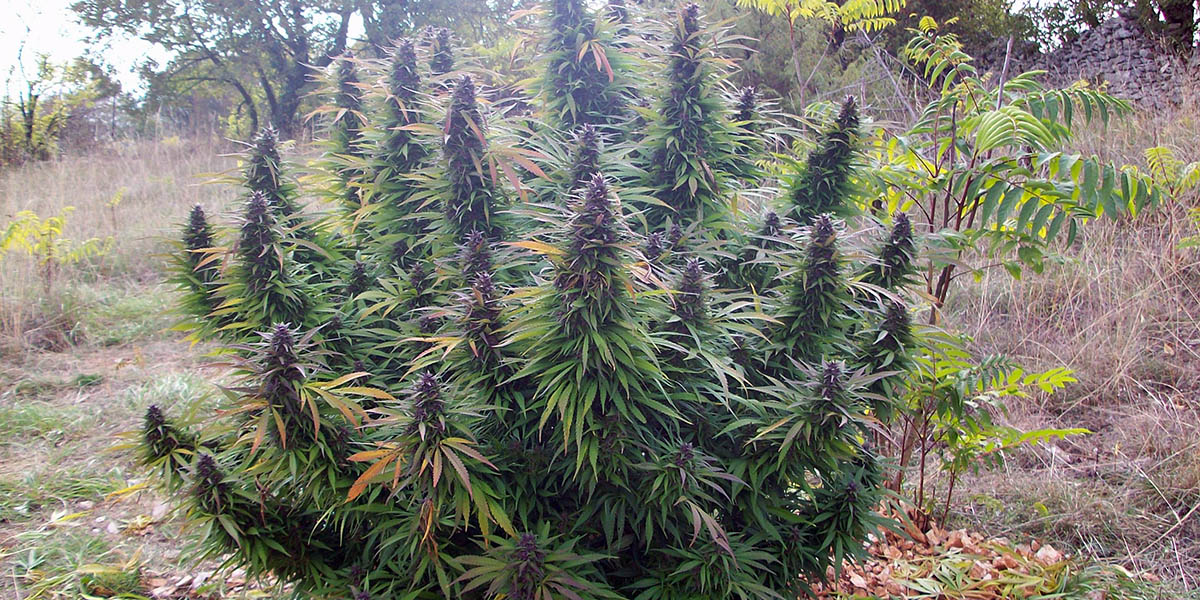
The secret is in the dirt: What cannabis terroir is and how it works Visit flowertown.com to read the full article.

The secret is in the dirt: What cannabis terroir is and how it works Visit flowertown.com to read the full article.
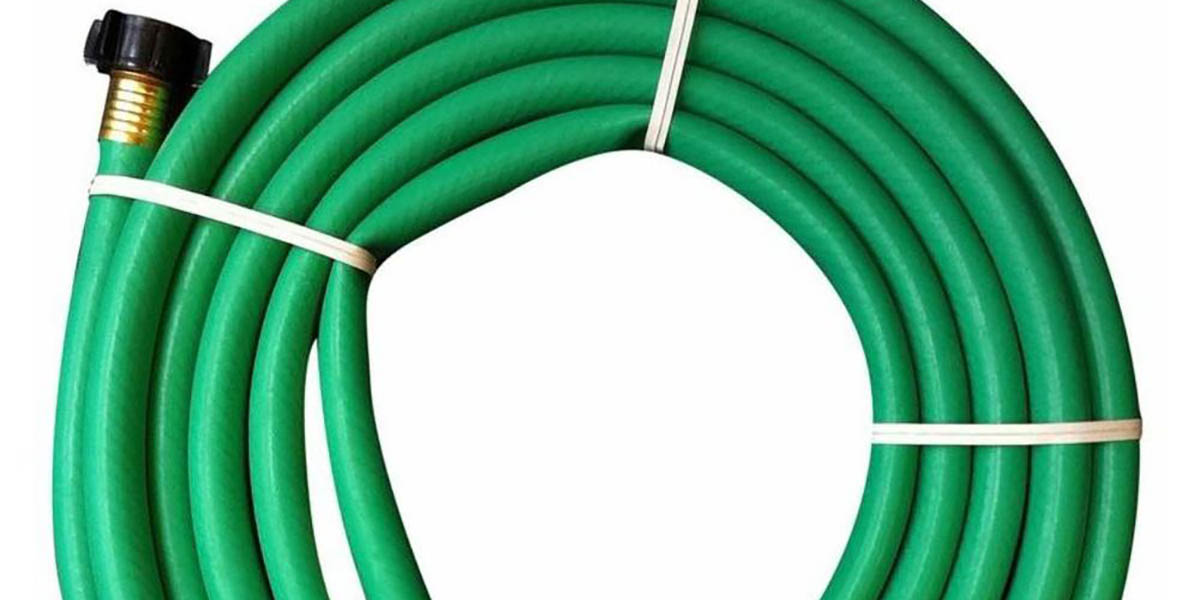
With heavy metal concerns being addressed in Phase 3 testing in California now, it’s important to consider all source points of contamination. And one concern is coming directly from the source that was supposed to provide life, the water. And…
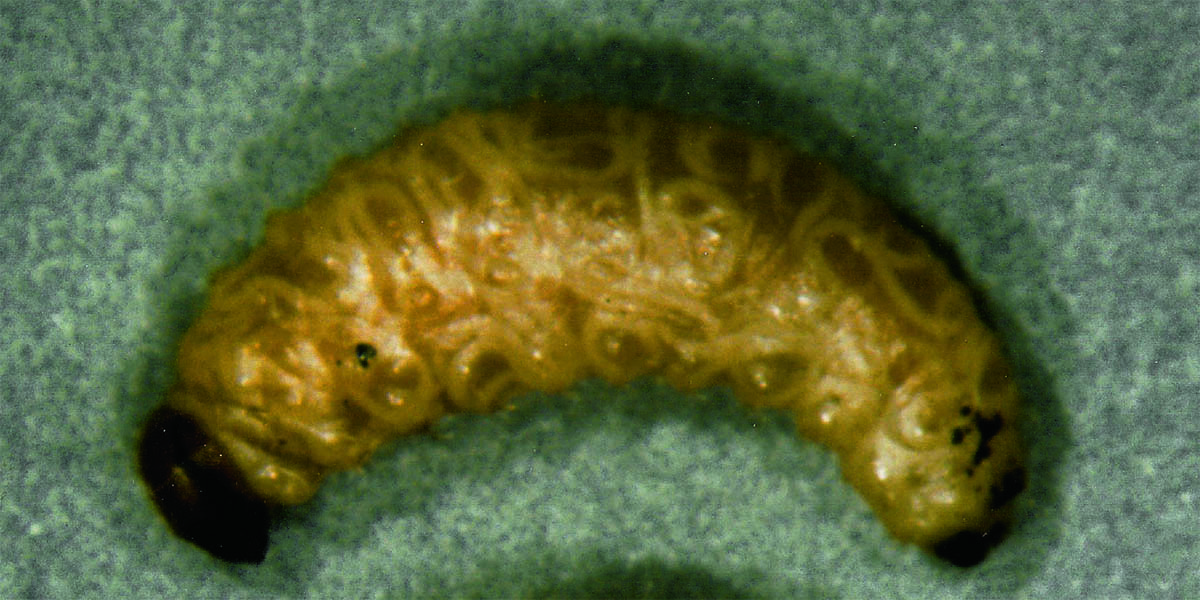
Great article from Oregon State University E. E. Lewis Department of Entomology, Virginia Polytechnic Institute and State University, Blacksburg, VA 24061-0319

With Phase III testing beginning December 31, 2018, the California Bureau of Cannabis Control will begin implementing the following additional tests on cannabis: Terpenoids – If Labeled Mycotoxins – Mandatory Heavy Metals – Mandatory Water Activity – Mandatory
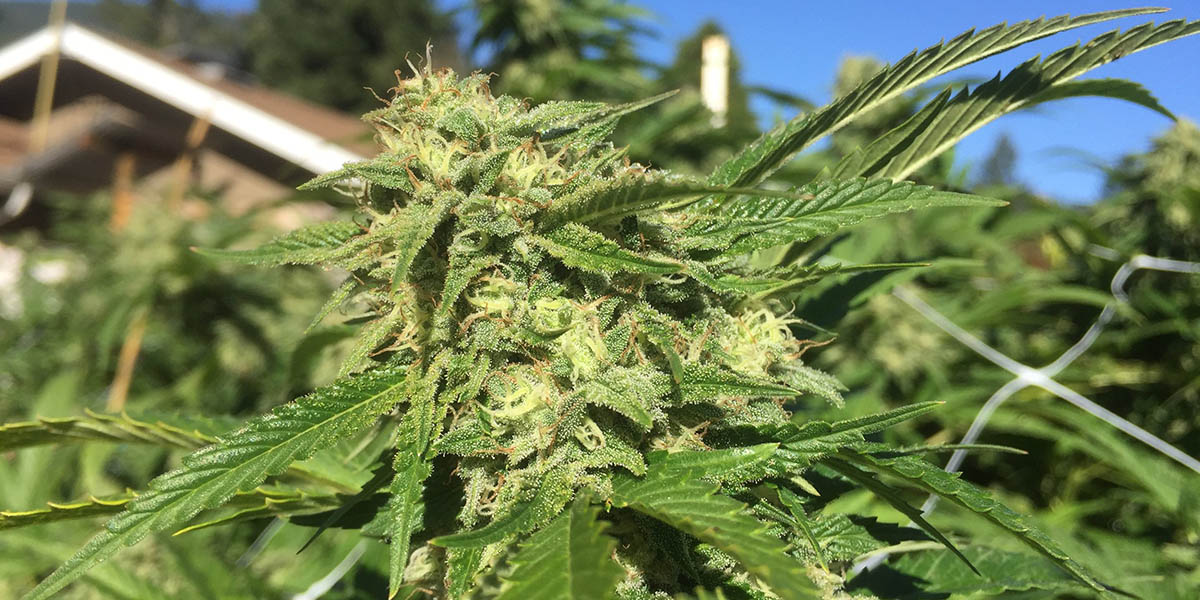
Indoor vs Outdoor? The long standing argument among the cannabis connoisseur is always a hotly debated topic. The argument for indoor grown cannabis has always been that it is higher quality and higher THC levels. While this might be true…
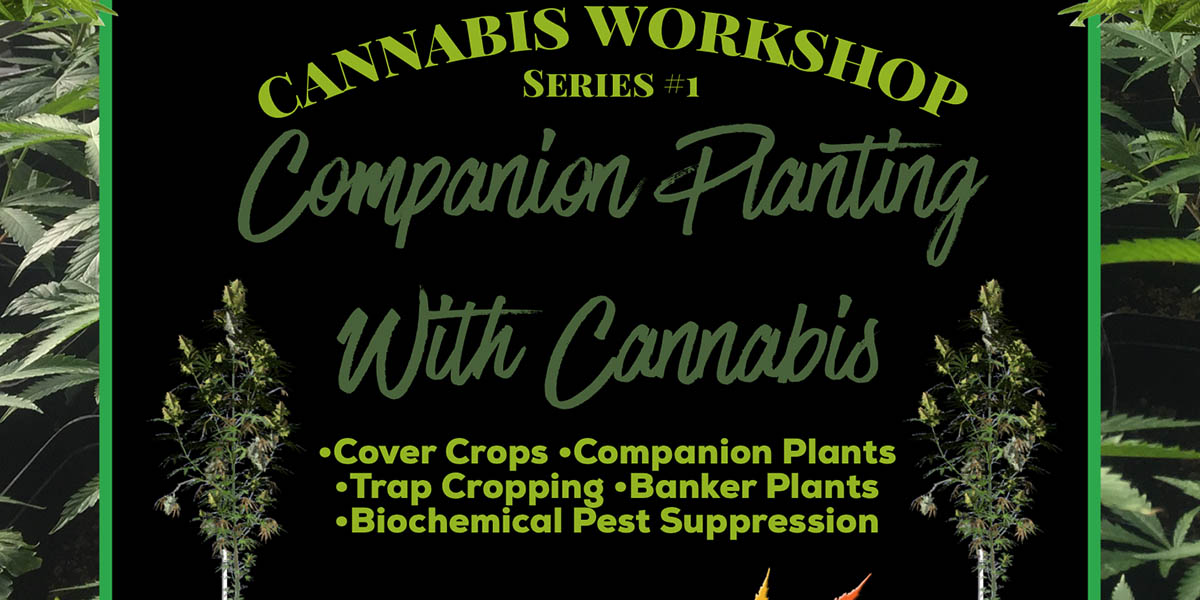
CHA members will now have access to our PowerPoint slides as we move into our workshop series. First up is a 72 slide presentation on companion planting with cannabis. It can be located on the “Companion Planting” members page. The…
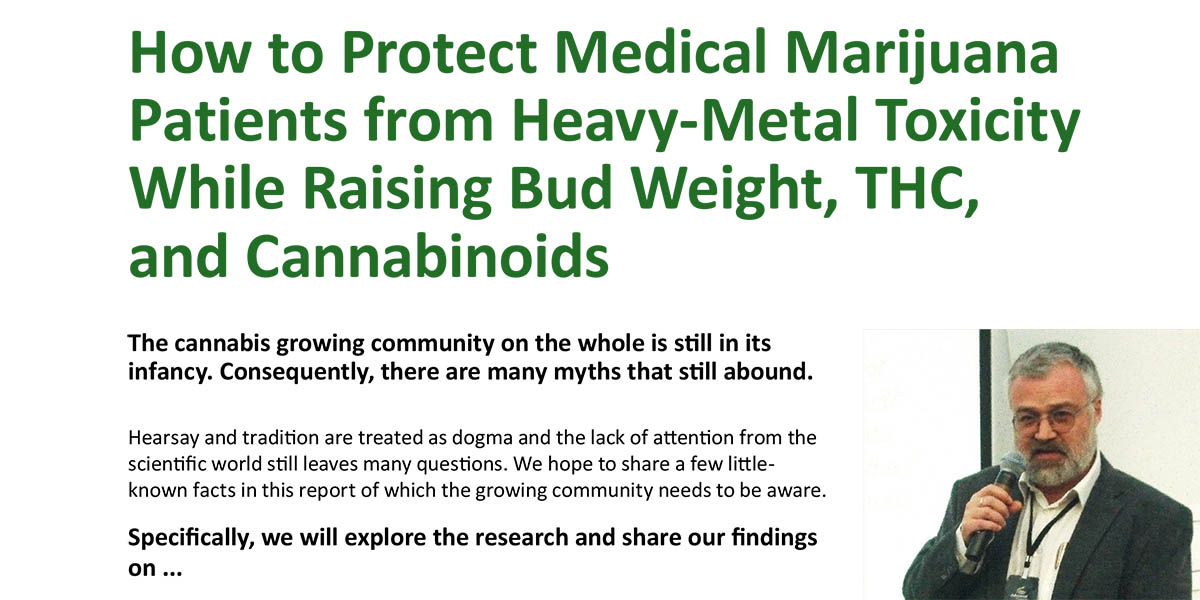
Download the PDF by Advanced Nutrients:
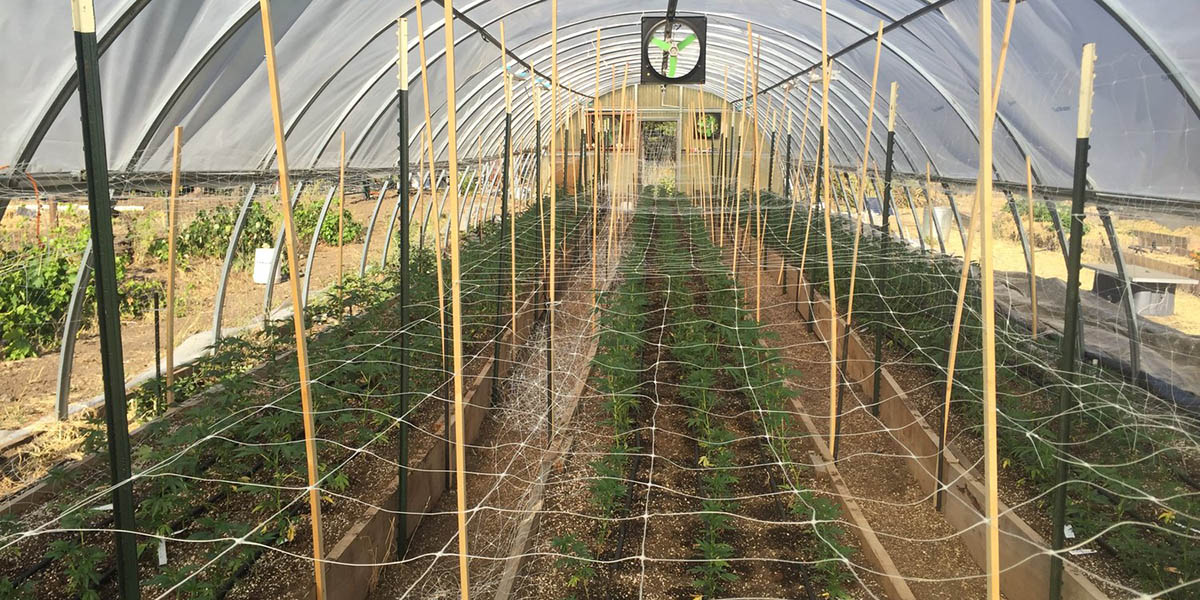
By Moriah LaChapelle Here is a wonderful article [offline as of 1/19/2020] to become familiarized with certain techniques and practices associated with Integrated Pest Management (IPM). Moriah LaChapell joined Evergreen Growers Supply during 2015 as an Agronomist. She has a…
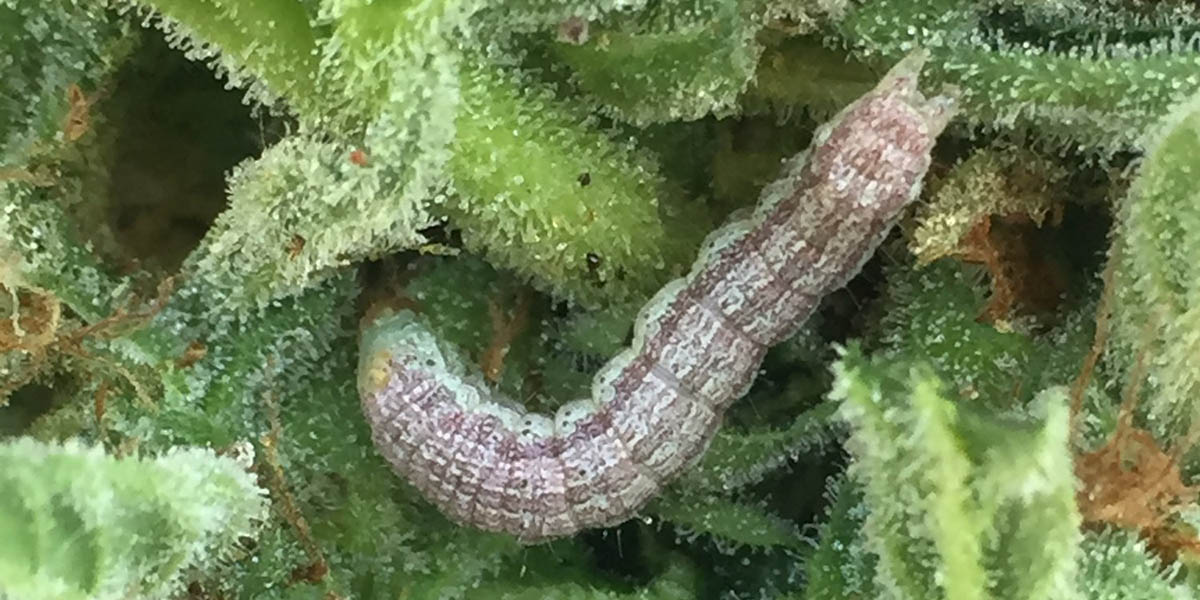
Fall is here and so are the caterpillars, at least in Northern California. We have documented numerous instances of caterpillar damage and can officially say there has been a decent hatch this year. But how to deal with these…
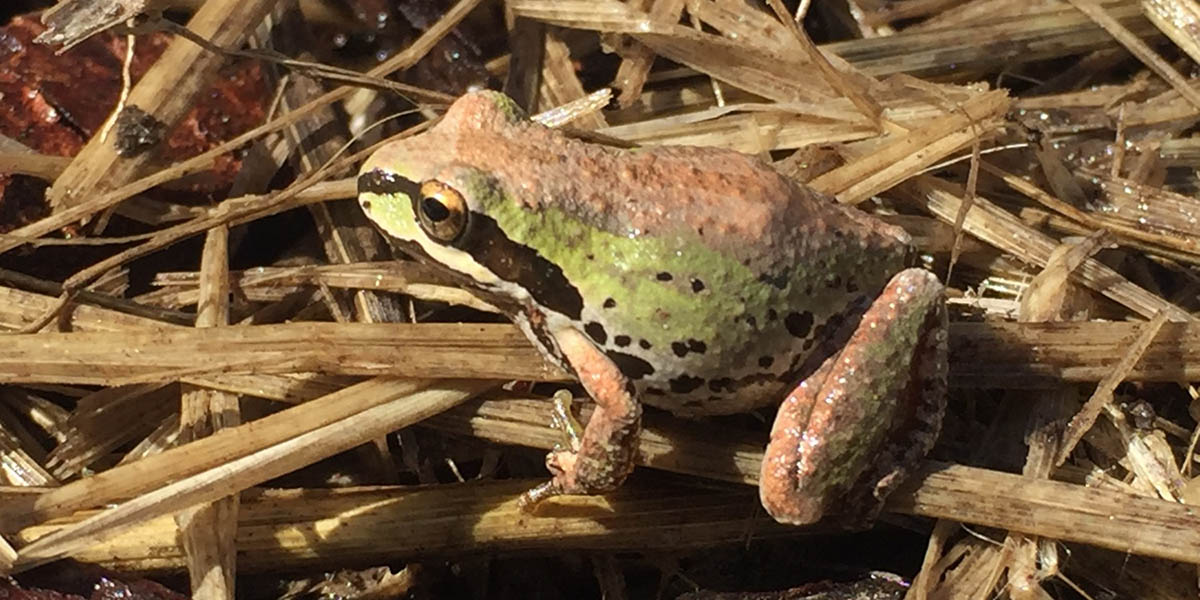
From Union of Concerned Scientists “What is sustainable agriculture? What is regenerative agriculture? We will be covering these topics more in depth as we evolve our mission. This particular article, written by the Union of Concerned Scientists covers the basics…